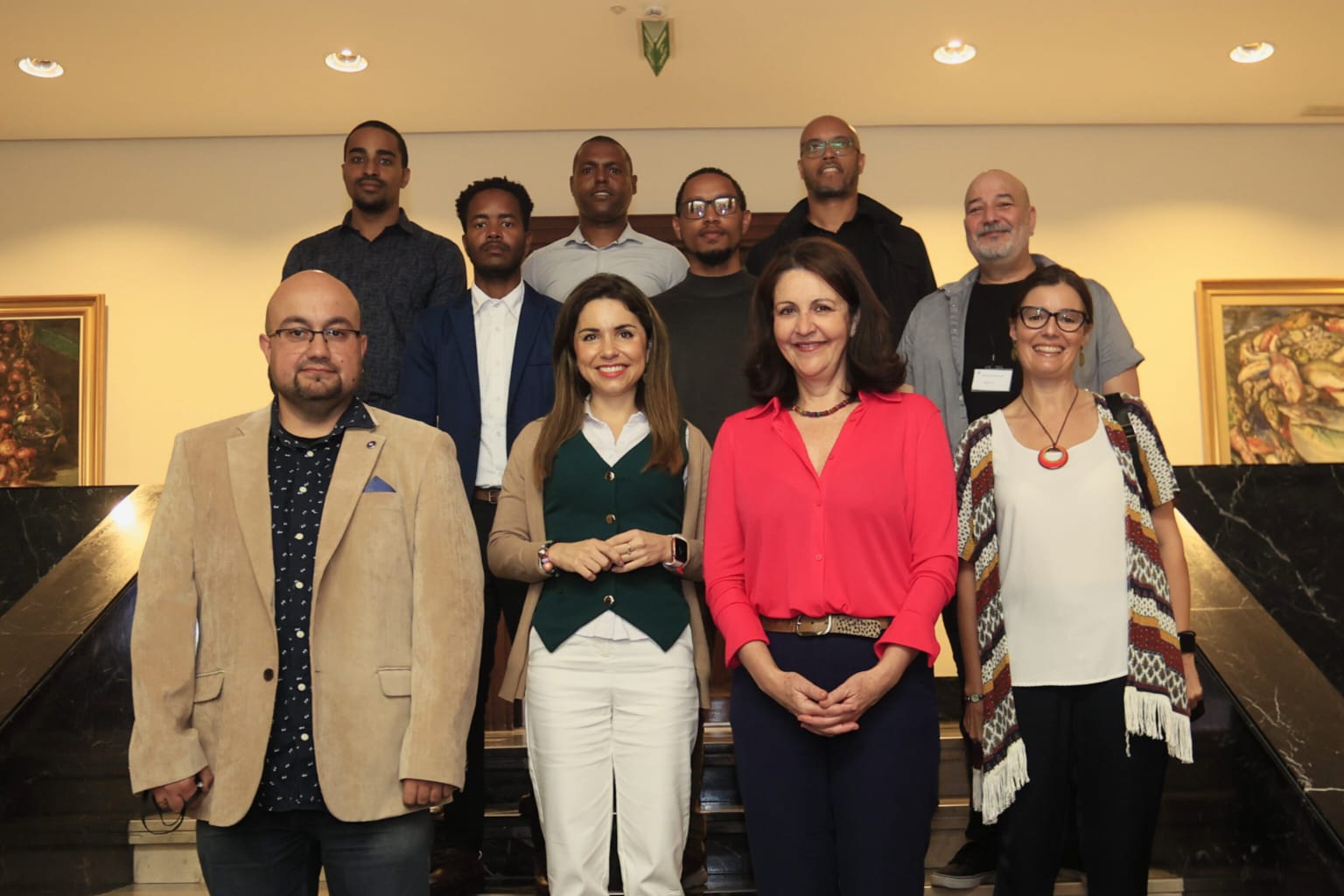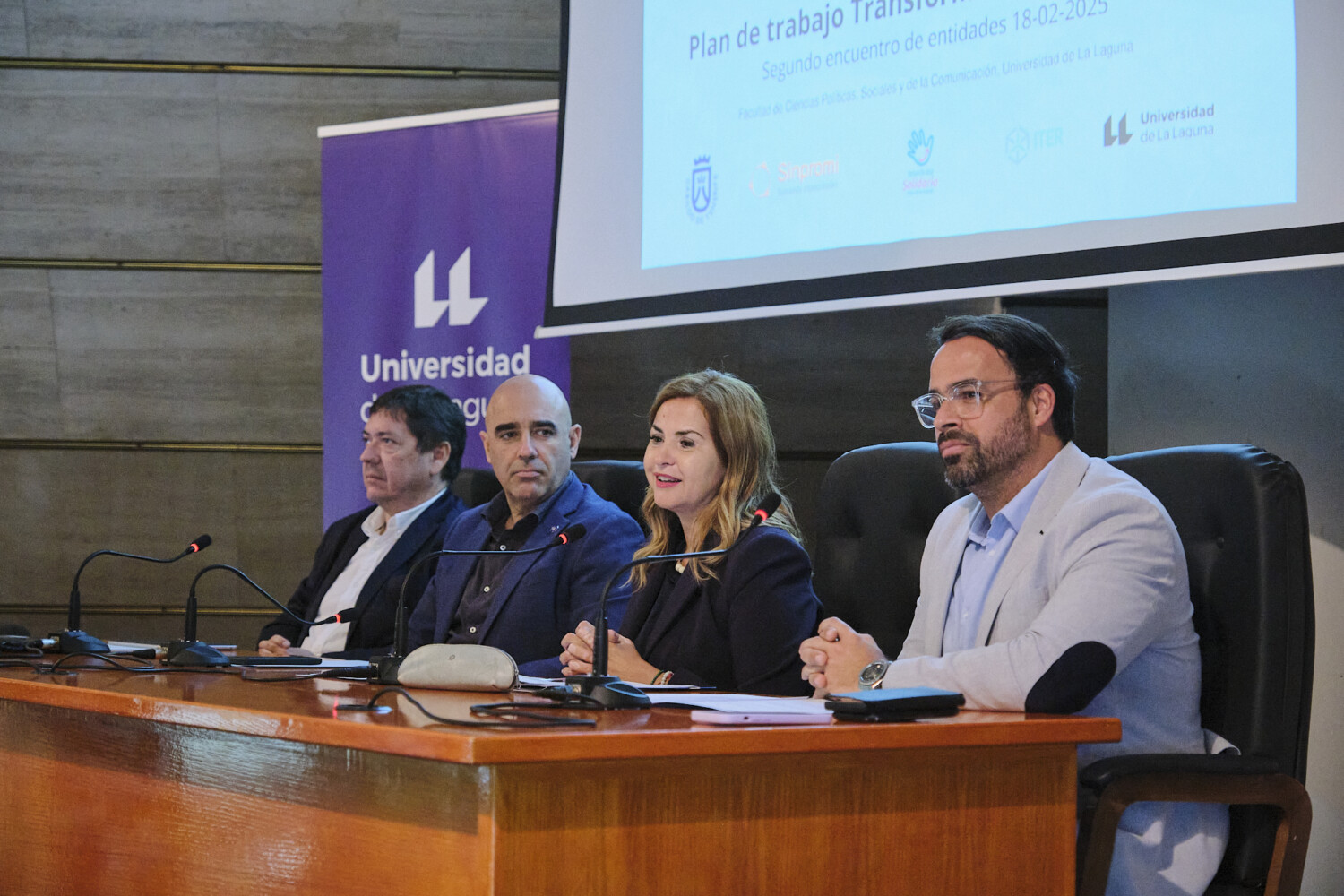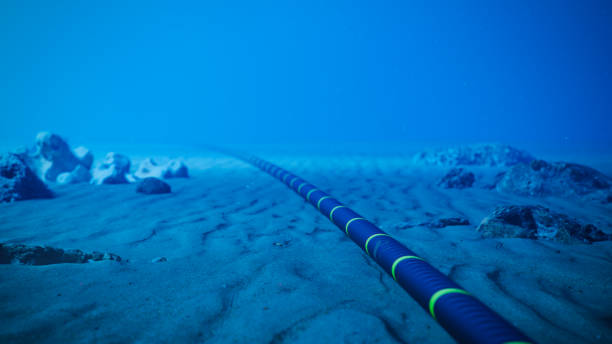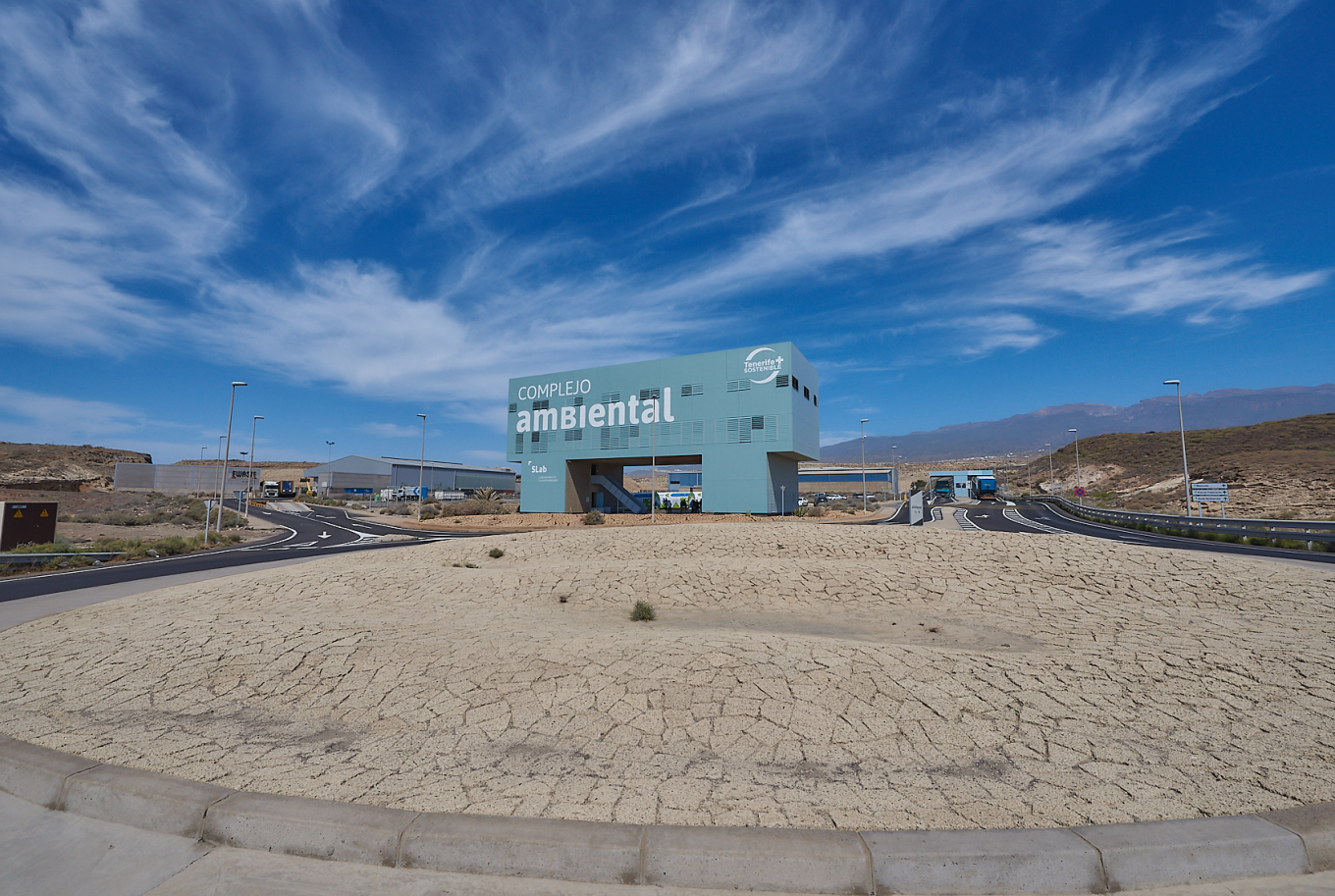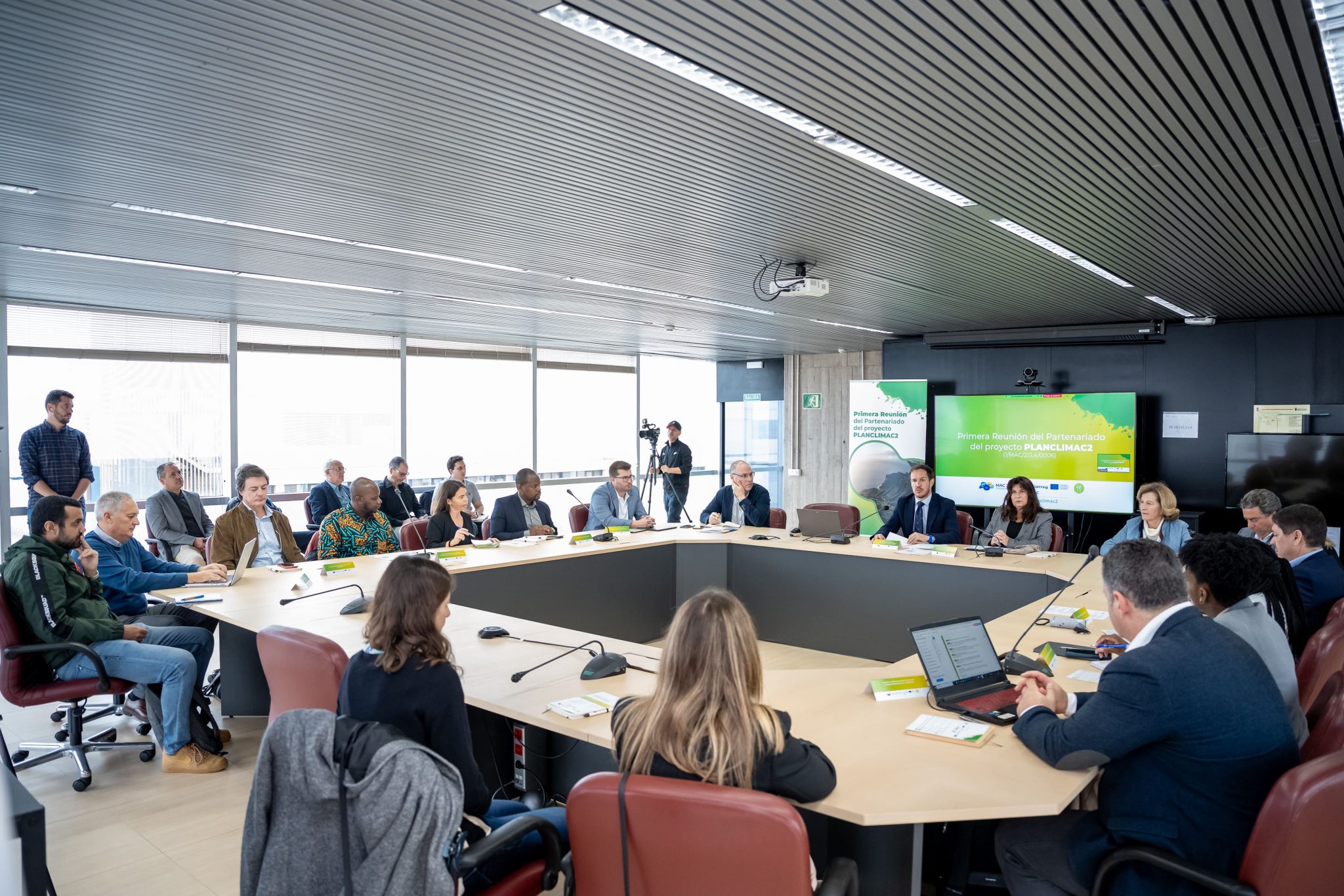ITER collaborates in this international degree, led by the ULL, hosting the internships of students from Cape Verde.
On March 24, the Cabildo of Tenerife received the students of the “International Interuniversity Master in Energy Decarbonization in Emerging Countries”, who are doing internships at the Institute of Technology and Renewable Energies (ITER) and INVOLCAN.
The reception took place at the Insular Palace and was attended by the Councilor Delegate of External Action of the Cabildo of Tenerife, Liskel Álvarez, the Vice Rector of Projection, Internationalization and Cooperation of the University of La Laguna (ULL), Lidia Cabrera, the Professor of the ULL, Benjamín González, as well as the coordinators of the Photovoltaic Energy and Wind Energy Departments of ITER, Elena Llarena and Guillermo Galván, respectively.
Liskel Álvarez indicated that “an area with training needs for the use of renewable energies is Macaronesia. More specifically the archipelago of Cape Verde, which has a great shortage of adequately trained professionals, as well as a lack of regulated studies in this field, so the creation of this international degree shared with the University of Cape Verde, promotes and takes advantage of the relations with this university and the potential of the region”.
The CEO clarified that “this master’s degree is a necessity for the professional recycling and continuing education of the group of working professionals, who demand more flexible and timely qualifications adapted to the requirements of the jobs related to the energy transition and decarbonization”.
“Thanks to the modular format of the master’s degree, based on four university experts, it meets the demand for short-term degrees, allowing students to improve their training in specific areas. This is a field that is evolving at a dizzying pace within the energy sector, so that workers in the sector can enrich their knowledge, also with practices that allow them to reinforce them for their subsequent application in the market”, explained Álvarez, who announced that “another 7 students are expected to arrive on the island”.
For her part, Lidia Cabrera, stressed the importance of promoting these studies, with which several objectives are achieved “on the one hand, to promote the international projection of the University and its strengthening, by leading a training project of international scope that can be a reference in this field on the African continent, but also a development cooperation project, supporting another university in the exchange of knowledge and its transfer to an area very susceptible to the development of affordable and non-polluting energy, SDG number 7”.
“In addition, it opens the doors to continuous training and retraining of workers in the sector in the islands and elsewhere in the world,” said Cabrera, who explained that it has been a complex project but thanks to the involvement of all parties has been possible, “during the confinement in 2020 the idea of creating this title between the Cabildo arose, the Vice-Rectorate of Projection, Internationalization and Cooperation of the ULL and the University of Cape Verde, with the main purpose of developing a continuing education degree, more accessible to a greater number of professionals, of a virtual nature for greater reach, and with a specific and complementary academic content”.
The coordinator of the Photovoltaic Energy Department of ITER emphasized that “the realization of university internships in a specialized and diversified working environment such as ITER, offers the students the opportunity to know first hand the development of the technology and its application, through practical experience”. In addition, the relationship that is being established through the Master’s internships can provide synergies for collaboration in future proposals and projects.
The final project and the internships of the Master are being carried out in the different departments of the Renewable Energies, Engineering and Environment Areas of ITER, and in INVOLCAN, where, divided in three blocks, the 12 Cape Verdean students will carry out the 11 weeks of internships. Some of these students will be tutored by research personnel of the MACLAB-PV project and will carry out tasks related to the R+D lines of this project.


